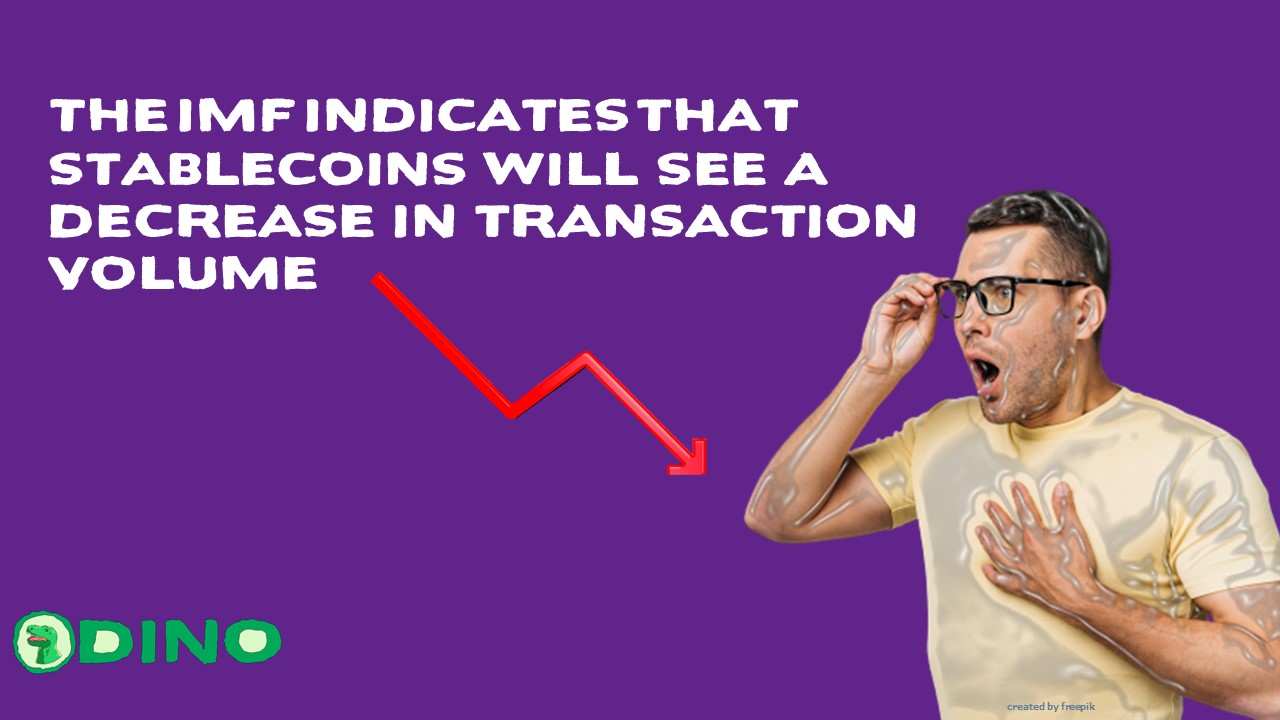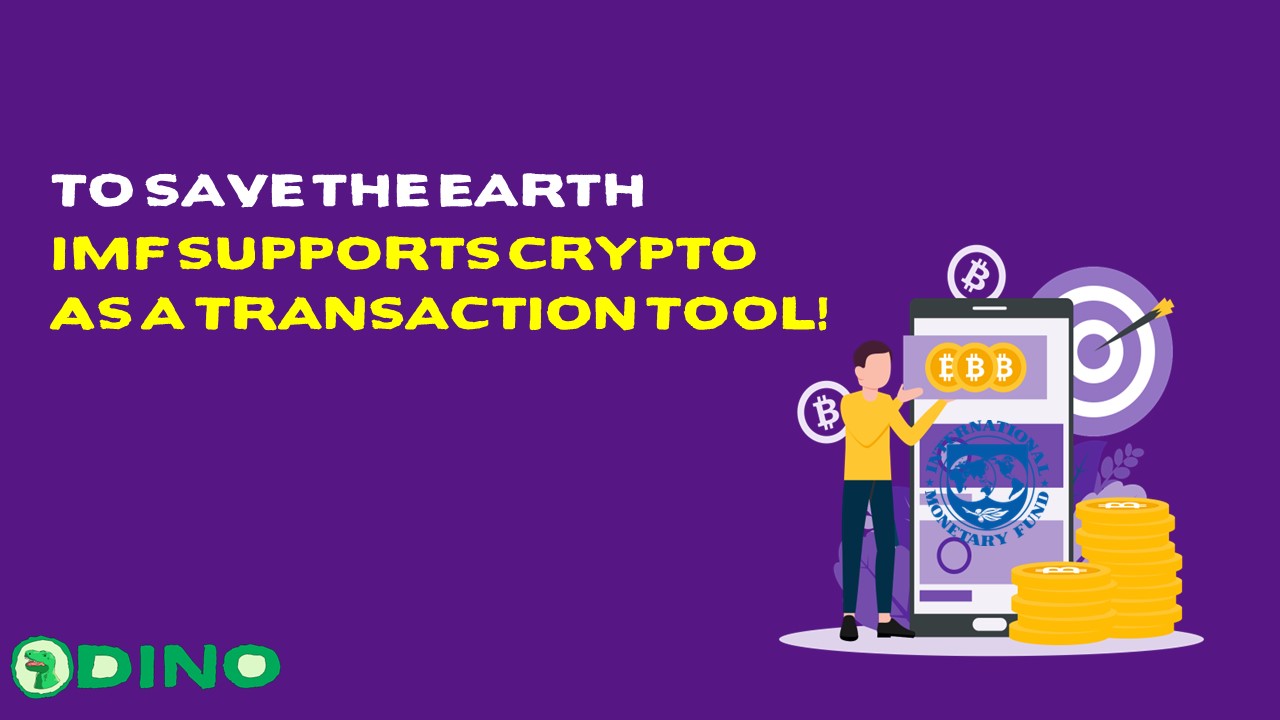As the world increasingly embraces digital transformations, cryptocurrencies have emerged as the new frontier in finance. This shift has prompted nations worldwide, including Malaysia, to rethink and reshape their financial regulations to fit these digital assets into their legal frameworks. Let’s take a deeper dive into the evolution and current state of cryptocurrency regulation in Malaysia.
Crypto Adoption in Malaysia
The acceptance and usage of cryptocurrencies in Malaysia have been growing steadily over recent years. In fact, Malaysia ranks among the top countries in Southeast Asia in terms of cryptocurrency adoption. The proliferation of digital payment platforms and increasing awareness of blockchain technology have contributed to this trend. Consumers and businesses alike are exploring the potential of cryptocurrencies, with Bitcoin and Ethereum being the most popular choices.
Cryptocurrency exchanges have also found a thriving market in Malaysia. Platforms such as Luno, SINEGY, and Tokenize have received regulatory approval from the Securities Commission Malaysia (SC) and are serving a burgeoning customer base interested in trading and investing in digital assets.
According to Finder’s Crypto Adoption November 2022 study, Malaysia ranks 15th out of 26 nations for crypto adoption, having questioned 389,345 people in 26 selected countries (10,588 in Malaysia since April 2022). Malaysia has a 15% cryptocurrency ownership percentage, which is higher than the global average of 15%. India leads the way with 29%, while Germany comes in last with 6%. Global ownership is 15% in the November 2022 report, up from 14% in the previous report.
Crypto Rules in Malaysia
As for regulation, the Malaysian government has displayed a proactive approach. Cryptocurrencies and digital tokens were recognized as securities under the regulation of the SC in 2019. Consequently, any entity wishing to operate a cryptocurrency exchange needs to be registered as a Recognized Market Operator (RMO) by the SC.
The Central Bank of Malaysia, Bank Negara Malaysia (BNM), has not officially endorsed cryptocurrencies as legal tender. However, it does not prohibit their use. BNM has issued guidelines on digital currencies, focusing on ensuring effective anti-money laundering and counter-terrorism financing measures.
In 2020, the SC released a comprehensive guideline for digital asset issuers and exchanges, marking a significant step towards creating a regulated environment for crypto assets in Malaysia.
Here are some notable moments of crypto rules in Malaysia:
Emergence of Crypto Trading and Technological Advances
In January 2014, the Central Bank of Malaysia took an early stance, declaring that cryptocurrencies were not recognized as legal tender while cautioning the public about the risks associated with them. This acknowledgment set the stage for future explorations into digital assets.
Regulatory Licenses and Guidelines
On January 15, 2019, the Securities Commission Malaysia (SC) announced new regulatory rules for digital currencies and tokens. The SC, in collaboration with the Central Bank, began developing a regulatory framework to ensure investor protection and promote innovation in the digital asset space.
Advancements in the Crypto Sphere
March 22, 2018, marked an important milestone when Jessica Chew Cheng Lian, the Deputy Governor of the Central Bank of Malaysia, expressed the country’s eagerness to implement fintech and blockchain technologies in the banking sector. In her speech, she highlighted the collaborative efforts of nine banks in developing blockchain applications for trade finance.
Strengthening Regulatory Framework
During a finance conference on November 6, 2017, the Chairman of the Securities Commission emphasized the close collaboration between the commission and the Central Bank, Bank Negara Malaysia, in formulating regulations and guidelines for digital assets and cryptocurrencies. The chairman further revealed the initiation of a pilot program to explore distributed ledger technology.
Progressive Measures and Global Perspectives
December 23, 2019, witnessed a significant event when the Iranian President proposed the creation of a unified Muslim cryptocurrency during a summit attended by Muslim countries. Malaysian Prime Minister Mahathir Mohamad showed openness to the idea, aiming to reduce dependence on the US Dollar.
Recent Milestones and Institutional Involvement
In recent years, major developments have taken place. On January 15, 2019, the Securities Commission announced new regulatory rules for digital currencies and tokens, working closely with the Central Bank to establish a comprehensive regulatory framework for digital assets.
Crypto Trading and Technological Advances
Moving closer to the present, on March 28, 2020, Binance announced the introduction of its own debit card, with initial testing scheduled to take place in Malaysia. This development showcased the growing interest in cryptocurrency adoption and usage.
Current State and Future Prospects
As of December 28, 2021, the Security Commission disclosed that more than MYR16 billion (USD3.85 billion) in digital assets and cryptocurrencies were traded between August 2020 and September 2021, underscoring the increasing acceptance and utilization of cryptocurrencies in Malaysia. Additionally, the internet has witnessed numerous advancements, with crypto and blockchain technology playing a prominent role in driving innovation.
Crypto Future in Malaysia
Looking forward, Malaysia seems well-positioned to navigate the evolving landscape of crypto regulations. With a regulatory framework already in place, the future holds significant promise for crypto in Malaysia.
The SC continues to refine its guidelines to ensure a balanced approach between fostering innovation and protecting investors. Future regulations are likely to focus on aspects such as Initial Coin Offerings (ICOs), security tokens, and Decentralized Finance (DeFi).
The increasing interest of institutional investors in crypto assets and blockchain technology, coupled with the government’s progressive stance, foretells a promising future for the crypto industry in Malaysia. As the country takes steps towards the digitalization of its economy, cryptocurrencies will undoubtedly play a crucial role in this transformation.
In conclusion, while the road to comprehensive crypto regulation in Malaysia has its challenges, the nation is making commendable strides. As adoption rates continue to soar, so will Malaysia’s efforts to create a robust and safe environment for cryptocurrency use and trade.
More News About Crypto : NEWS
Follow our Twitter : https://twitter.com/DinoDapps




